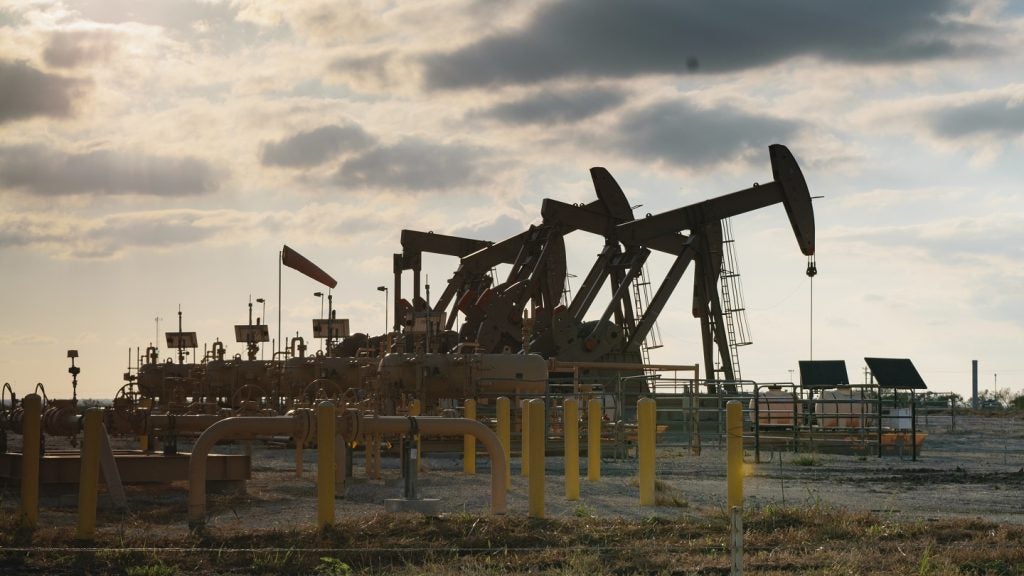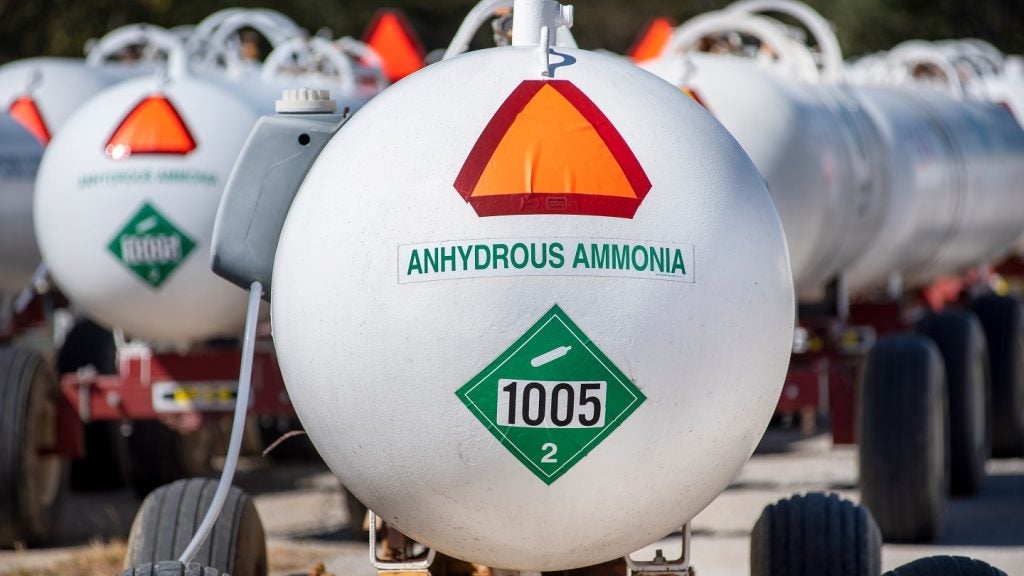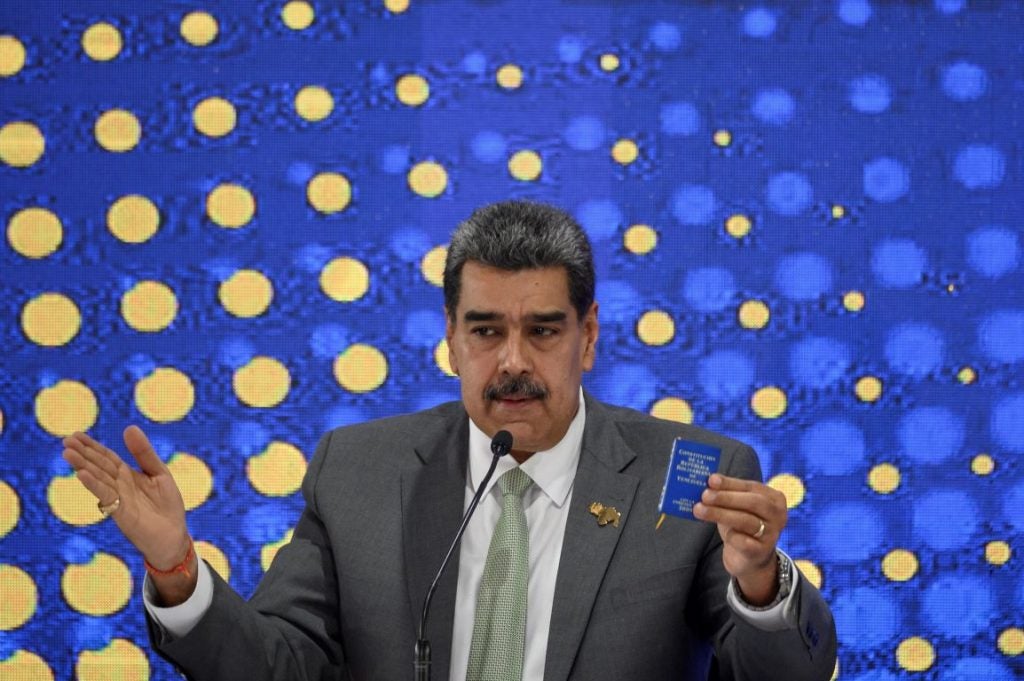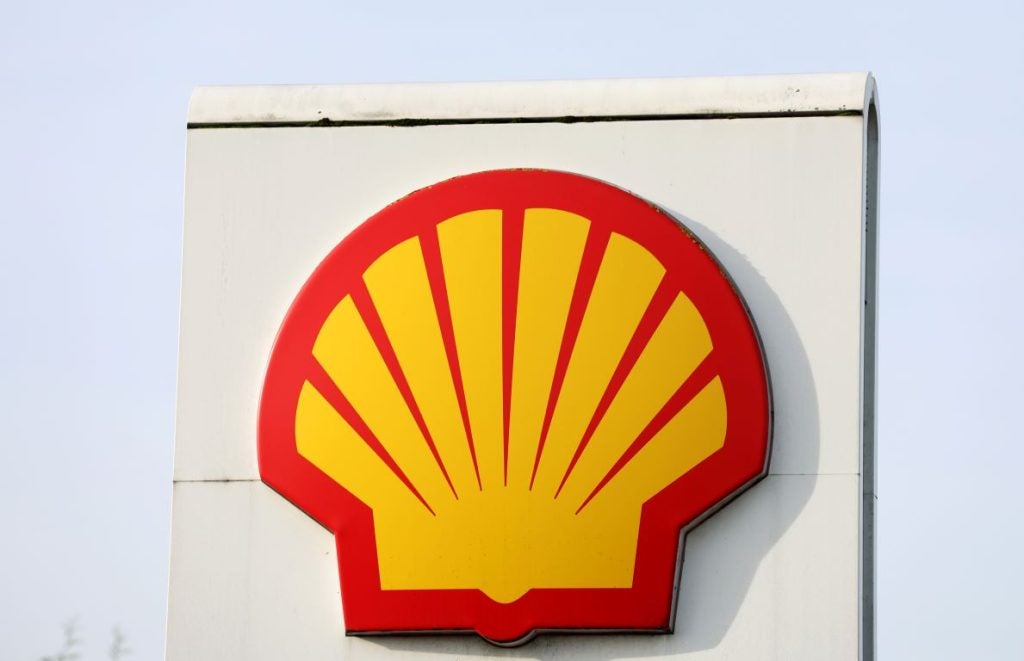The governments of Serbia and Bulgaria have launched a gas pipeline to help reduce reliance on gas imports from Russia in the wake of Moscow’s invasion of Ukraine.
The Serbia-Bulgaria gas interconnector, which has an annual capacity of 1.8 billion cubic metres, launched with the opening of the Trupale gas station near Nis.
The 170km-long pipeline, which runs from the Serbian city of Nis to the outskirts of Sofia, Bulgaria, will provide alternative gas supplies from Greece or Azerbaijan to Serbia, reported Bloomberg News.
It will also provide access to gas from western Europe or the Adriatic Sea to Bulgaria.
Serbian Minister of Energy and Mining Dubravka Djedovic Handanovic said the pipeline project is important for gas supplies to eastern and central Serbia as well as for central and eastern Europe, and for the further gasification of the southern part of Serbia.
The European Commission provided €49.6m ($53.37m) of funding for the construction of the interconnector, which also secured €25m in a single loan from the European Investment Bank and €22.5m from Serbia.
Handanovic was quoted by Reuters as saying: "With this interconnector we are securing alternative gas supplies, apart from the Russian gas.”
Bulgaria President Rumen Radev said: "Today we are changing the energy map of Europe. The interconnector is significant for the entire region. The war in Ukraine made us think about good neighbourly relations and support."
In November 2023, Serbia agreed to purchase 400 million cubic metres of natural gas annually from Azerbaijan, effective from 2024.
Azerbaijani President Ilham Aliyev said: "If in 2021, our gas exports to Europe totalled a little more than eight billion cubic metres, then this year the volume of supplies will reach around 12 billion cubic metres.”














